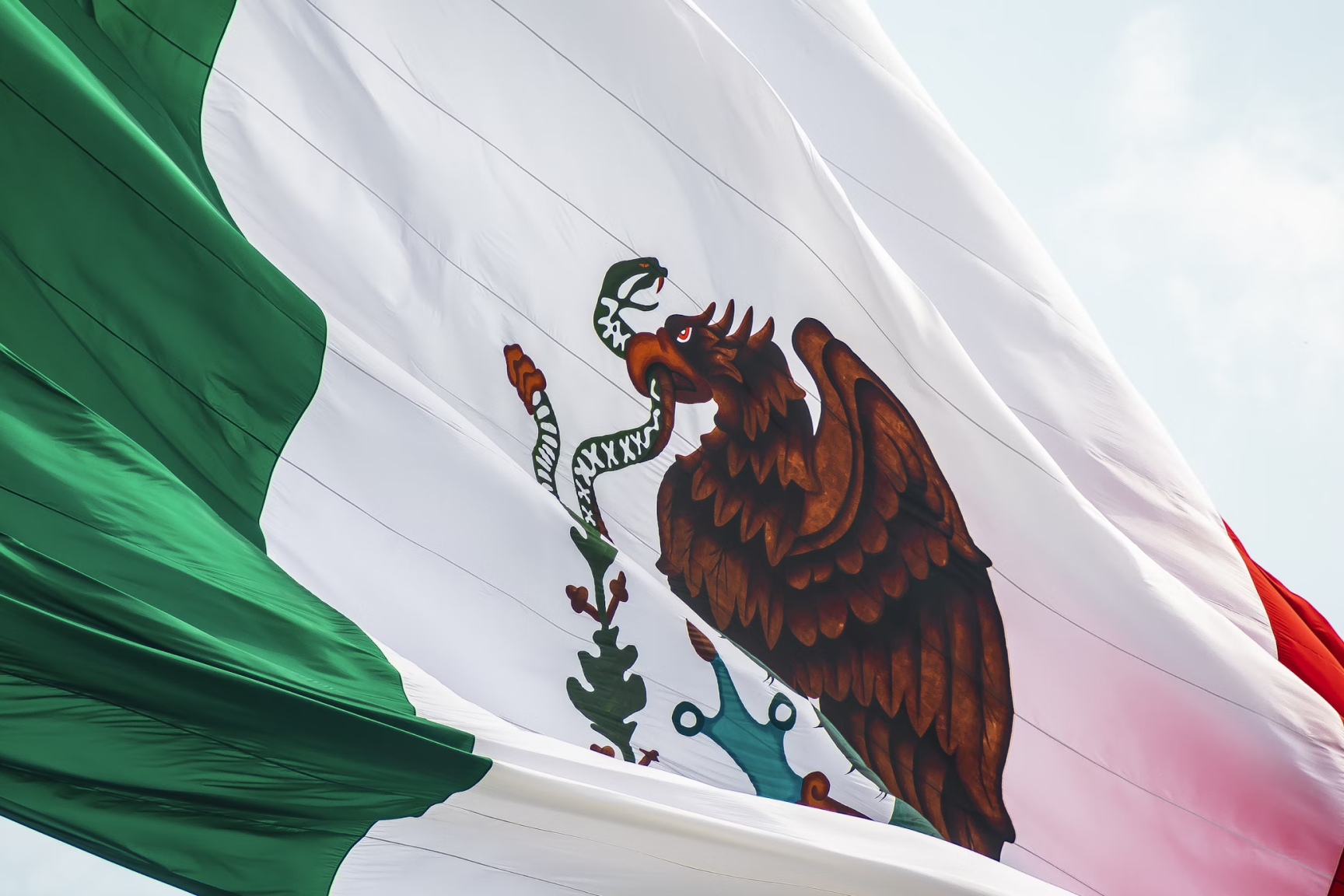
As long as currency-debasing policies abound, then gold, will remain a primary investment for the fund. The US dollar (USD), however, also remains key according to Fenton. Unlike gold, going long on USD is anti-consensus, as is evident from positioning reports, the press, and the price action.
Naysayers of the world’s reserve currency forget its potential as an asset in what are still crisis conditions, says RWC Diversified Returns Fund Manager Clark Fenton.
As aggressive fiscal and monetary policies mean risk is shifting from private to government balance sheets, foreign exchange will feature more prominently, more so in the near term than government debt while heavy-handed central banks keep QE programmes at full throttle.
As long as currency-debasing policies abound, then gold, will remain a primary investment for the fund. The US dollar (USD), however, also remains key according to Fenton. Unlike gold, going long on USD is anti-consensus, as is evident from positioning reports, the press, and the price action.
“We concede that the cost of USD has gone down, with US real rates of interest plummeting. However, we do not think the Fed will take its policy rate negative. Critical USD funding markets such as commercial paper would struggle to function under such a scenario.
“Meanwhile, we think other governments will struggle to keep policy rates where they are, for example, the Bank of England. Negative nominal rates out to seven years on the yield curve suggest more inevitability than debate.
“The failure of American leadership to respond effectively to the coronavirus has been tragic and humiliating. However, what is bad for the world’s largest economy is bad for the world. Yes, the USD looks less attractive in isolation, but do the large alternatives actually look much better?”
Fenton believes despite talk of the US dollar losing its cherished position as the global reserve currency, amid wider political disruption in the US as Presidential elections loom, the dollar is still so widely used by financial institutions that its position is unassailable.
“Foreign exchange is by definition a relative investment. Most of the world’s governments have a choice between politically-unpalatable corporate and household defaults on a massive scale, or more stimulus and forbearance. The latter goes hand in hand with currency depreciation.
“But the most compelling reason to own USD is because of how it behaves in a liquidity crisis. It rallied powerfully in March even when havens like government bonds and gold were losing value. This is the supply argument.
“The USD trades like a scarce asset when there is a liquidity squeeze by virtue of its status as the lead funding currency. The Bank for International Settlements recently reported that non-US bank claims on the US official sector rose $564 billion in the first quarter, larger than any quarterly increase in bank claims on the official sector globally ever recorded. In other words, global finance still relies on the US dollar.”
Fenton believes the dollar should then still be a very influential defensive component of a portfolio, as ongoing uncertainty keeps the potential for dollar scarcity alive. The currency, he believes, could even perform like a precious metal in the right set of circumstances.
“As a defensive asset, we believe the USD will perform well in financial turmoil, but it is less likely to be manipulated in the meantime. Furthermore, recent USD weakness has been highly correlated to the rise of other risky assets, so a reversal should boost its protective properties.
“Foreign exchange volatility has fallen significantly, meaning convexity is relatively inexpensive. Cheap convexity with the potential trigger of a sudden change in correlation is a great combination for an investment playing a defensive role.
“Finally, while it serves as a counterbalance, the US dollar position is more than a hedge. In other words, there are certain scenarios when it could perform at the same time as precious metals.”














